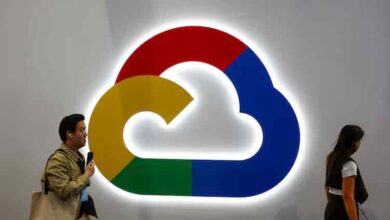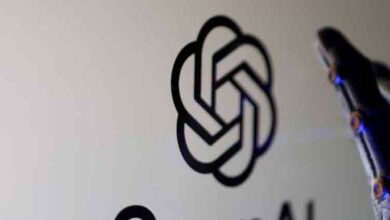Federal Minister for IT and Telecommunication Shaza Fatima Khawaja has announced a series of initiatives aimed at boosting digital access and inclusion in Pakistan, as the number of telecom users in the country reaches 200 million.
Addressing a ceremony organized to celebrate this significant milestone, the minister reaffirmed the government’s commitment to expanding mobile broadband coverage and internet access across Pakistan. She confirmed that preparations are underway for the early auction of spectrum for mobile broadband, calling it a key element alongside the National Fibration Policy in strengthening the country’s digital infrastructure.
Shaza Fatima revealed that a policy is being developed to provide smartphones to citizens on easy installments, making modern mobile devices more accessible, particularly for low-income segments. “Mobile phones and internet are not luxuries — they are necessities for education, health, employment, and business,” she stressed.
Highlighting women’s increased access to mobile phones and internet, the minister shared that 200 smartphones will be distributed among female SIM owners, while telecom users will also receive 2GB of free data and 200 on-net minutes, valid for 24 hours. The initiative aims to bridge the digital gender gap and enhance women’s participation in the digital economy.
In addition, free Wi-Fi hotspots will be installed in selected universities for six months, providing students with uninterrupted access to the internet. The minister recalled that the PML-N government had previously distributed 1.2 million laptops to students on merit, a move she described as crucial in empowering the youth.
According to statistics shared during the event, Pakistan now has 150 million broadband users, and two million fiber optic users, indicating growing reliance on digital services nationwide.
“Our future lies with our children and young girls,” Shaza Fatima said, reiterating her vision of bringing high-speed internet to every home in Pakistan. She also emphasized the importance of shifting towards a cashless economy, stating that universal internet access is no longer optional, but a fundamental need.







